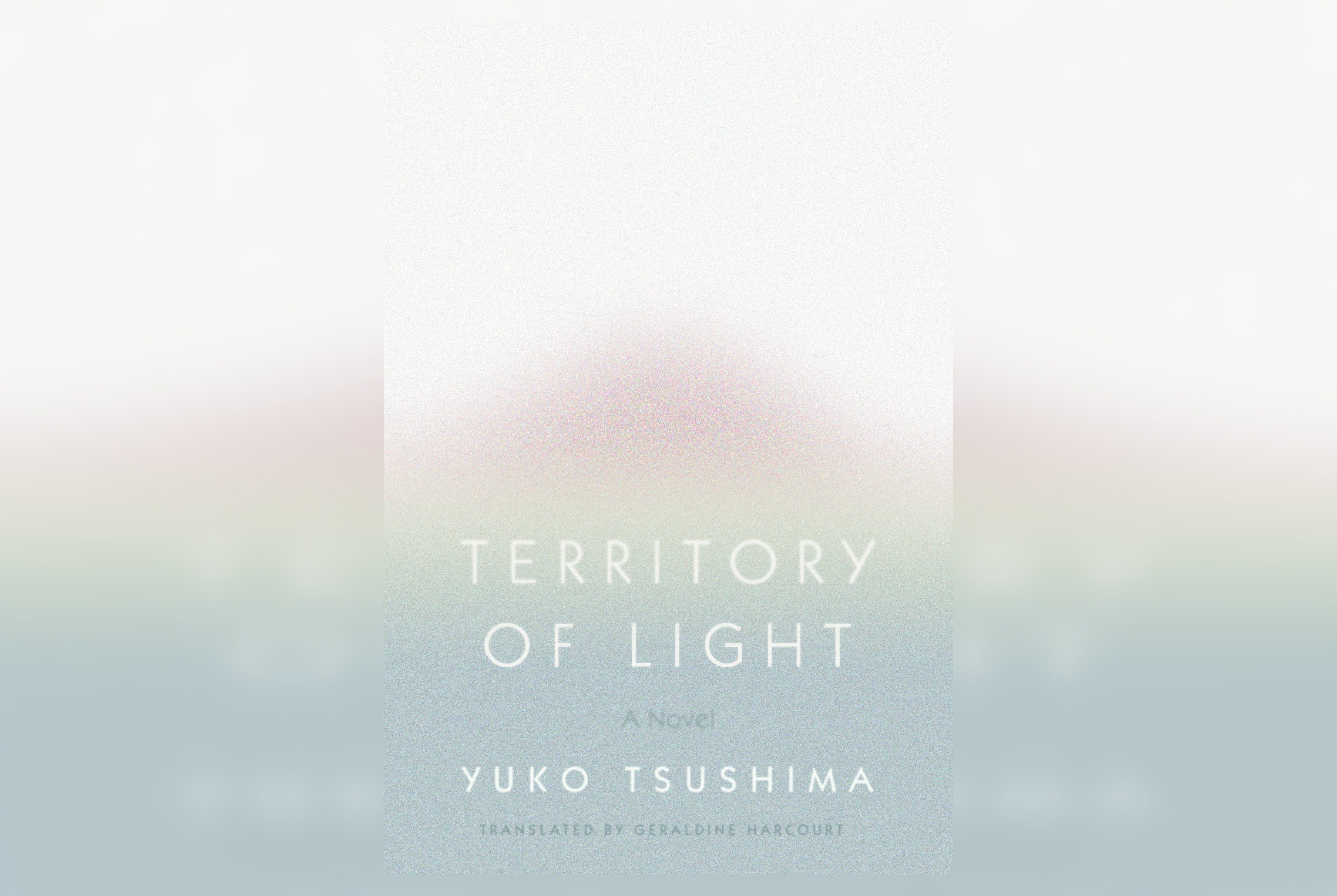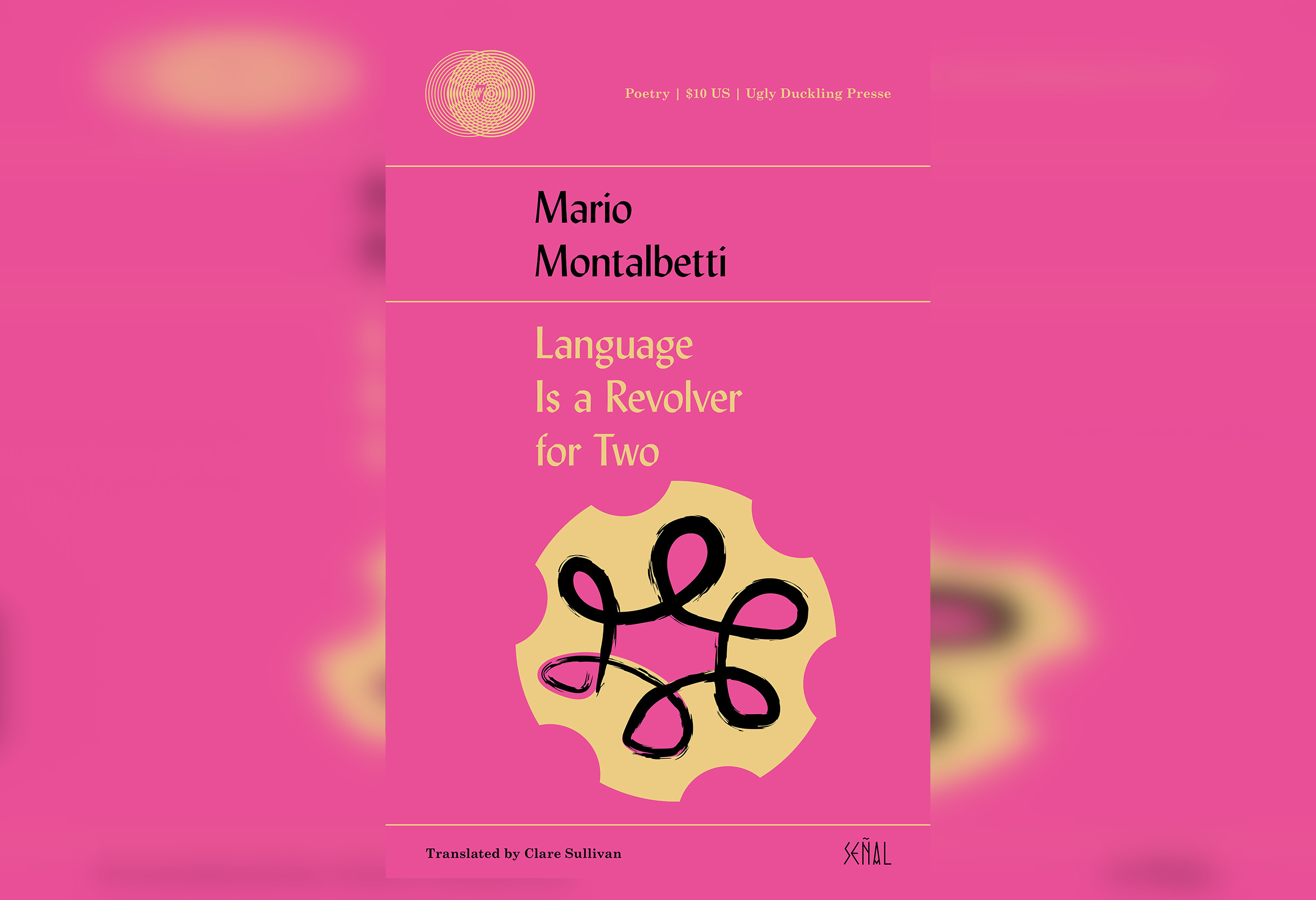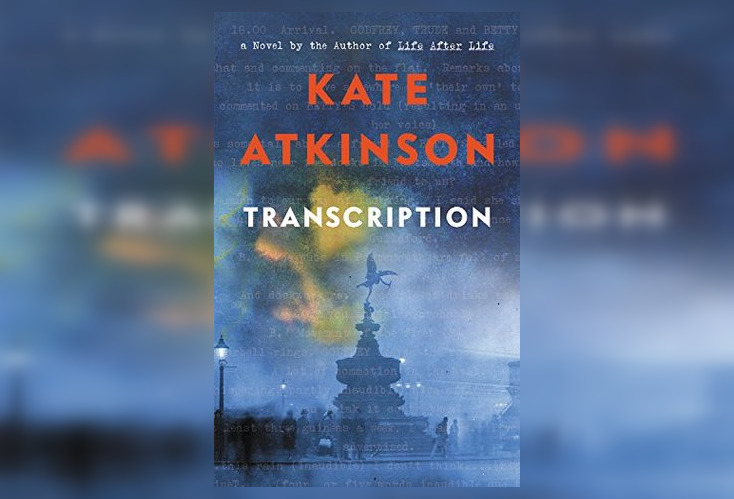Territory of Light chronicles the year-long journey of a mother and her daughter navigating a newly disorienting world in the wake of her husband’s swift and painful exit from their lives. Throughout these closely linked twelve stories, the reader intimately observes the family’s crushing experiences of anger, resentment, detachment, and desolation, transforming their relationships and, inevitably, their lives.
This novel was originally published in twelve parts between 1978 and 1979 in the monthly, Japanese literary magazine Gunzo, thereby allowing readers to fully experience the year-long odyssey alongside the mother and daughter pair.
When this story was being written, novelist Yuko Tsushima was in the budding years of her prolific career when she was just beginning to receive the deserved recognition for her stunning prose. Tsushima won the 1979 Noma Prize for New Writers for writing this novel, and Territory of Light solidified its place as one of the most famous and beloved works of her early writing.
Its upcoming release gives English-reading audiences invaluable exposure to a necessary account of the loneliness experienced by women within urban, patriarchal contexts; furthermore, the novel provides Tsushima’s longtime fans with closure for her premature death from lung cancer in 2016.
A great deal of this novel’s strength derives from Tsushima infusing her characters’ interactions with the honesty and emotional integrity of her lived experience of single motherhood. The fragility with which the narrator embodies the role of her daughter’s protector and nurturer speaks platitudes to Tsushima’s revelatory capabilities, even as a young writer.
Part of this fragility comes from her unwillingness to accept that mourning the loss of her marriage has psychically damaged her daughter and irrevocably changed their relationship.
One particularly poignant example is when her daughter develops “nightly crying spells” after watching her mother slap her father. As a solution, the narrator recites “the magic words” that she typically reserves for instances when her daughter experiences an “ouchie.” It’s as if the narrator is pleading to a force unknown for her daughter’s psychic pain to be healed with the same wishful, consolatory words reserved for physical pain.
Another example is when the daughter comforts her sobbing mother, whom had just been scolded by a neighbor for her lack of aptitude as a parent. In this moment, a two-year old is forced to be the mother for both of them.
Still, from anguish, there come moments of astounding clarity. Eventually, light permeates the narrator’s inner being, and she gives birth to a higher self, emancipated from the whims of careless, thoughtless men. This promise of transformation is the final gift that Yuko Tsushima imparts on both her characters and her readers, a contribution to the living even in death.
Photo courtesy of the publisher.



